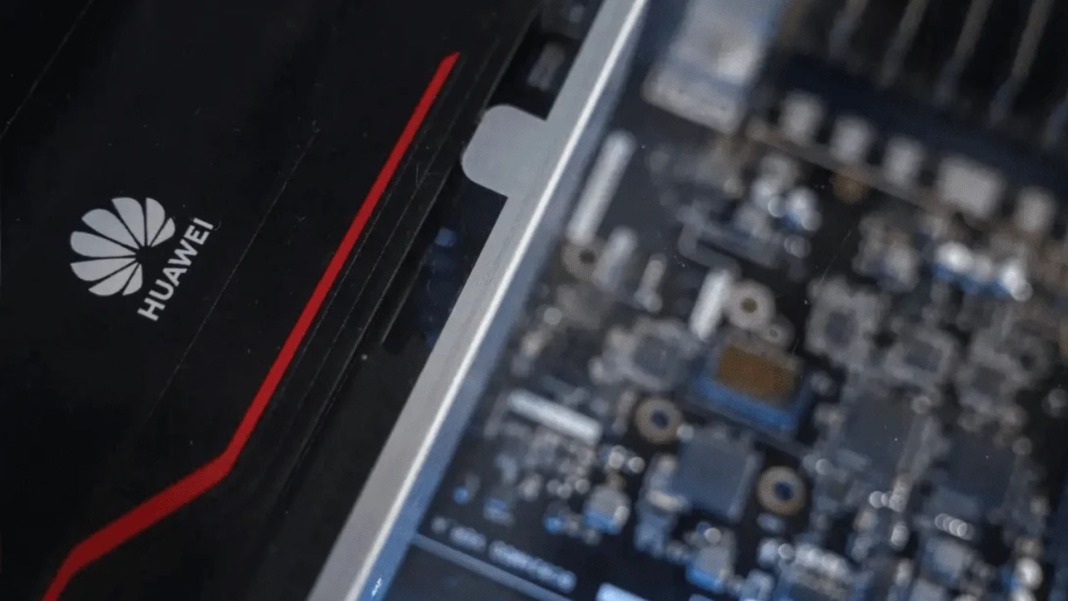Huawei is preparing to challenge Nvidia’s leading AI chip by developing a powerful new processor called the Ascend 910D. This move could shake up the market, especially in China, where the demand for advanced artificial intelligence chips is growing fast.
The Chinese tech giant is quietly pushing forward with this project, aiming to create a strong competitor to Nvidia’s H100 chip, which is widely used for training AI models. According to The Wall Street Journal sources, Huawei has already started working with other Chinese companies to test its new chip. This could be an important step in reducing China’s reliance on American technology.
Response to U.S. export restrictions
The development of the Ascend 910D comes shortly after the United States placed tighter limits on exporting certain high-end AI chips to China. These restrictions were part of a broader effort to slow China’s progress in advanced tech sectors, especially artificial intelligence and supercomputing.
As a result, Chinese companies have been left searching for alternatives to U.S.-made chips. Nvidia’s H100 series, in particular, has been in high demand due to its strong performance in AI training tasks. However, with the new rules in place, getting hold of these chips has become much harder for companies in China.
This has opened up an opportunity for Huawei, which is already well-known in China for its technology and innovation. By creating a chip that can do the same kind of work as the H100, Huawei could help fill a growing gap in the market. It would also support China’s larger goal of becoming more self-reliant in key technologies.
What Huawei’s new chip could mean for the AI world
The Ascend 910D is part of Huawei’s wider series, which already includes some AI chips. However, this new version is said to be more advanced and could handle even more complex tasks, especially those needed to train large AI models. While it’s not yet clear when the chip will be fully launched or how it performs compared to Nvidia’s H100, experts are watching closely.
If the chip proves successful, it could give Chinese companies a strong local option for powering AI systems. That would be a big step forward, especially since U.S. chipmakers face limitations when doing business in China.
It’s also a sign that Huawei continues investing heavily in its semiconductor business, even after facing years of pressure and sanctions from the U.S. government. The company has managed to keep moving forward, and this latest chip development shows it isn’t slowing down.
The future of AI chips in China
Huawei is still testing the Ascend 910D with partners in China. The goal is to ensure the chip works well in real-world conditions and is ready for larger-scale use. If the trials go well, the chip could soon play a major role in China’s AI industry.
This development could also lead to more competition in the global chip market, especially if Huawei decides to expand the chip’s availability beyond China.
As countries worldwide race to lead in artificial intelligence, the chips powering these systems are becoming more important than ever. With the Ascend 910D, Huawei is making it clear that it wants to be part of that future.




